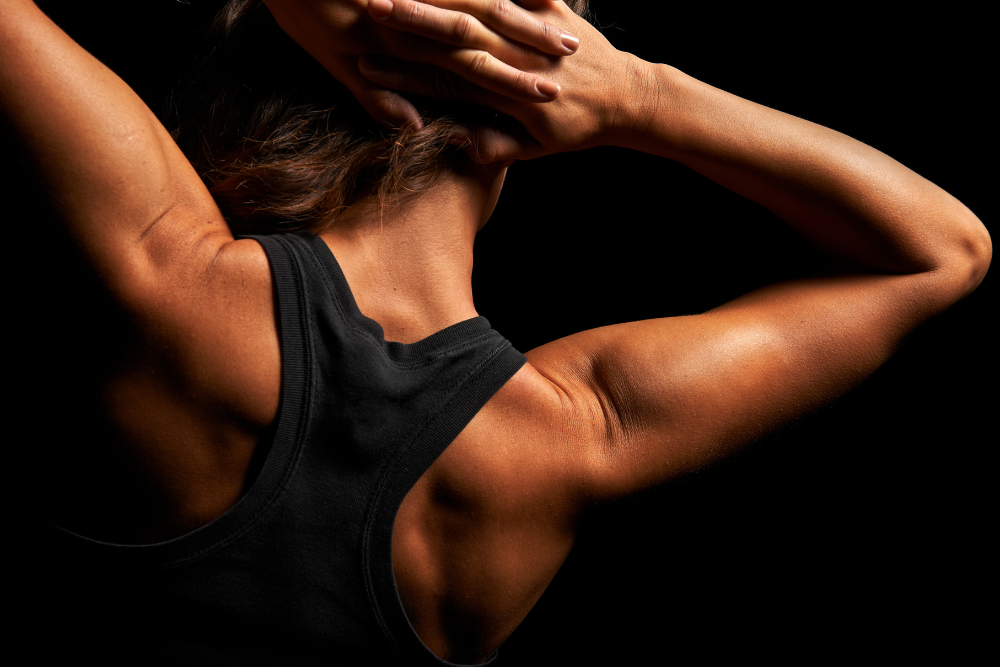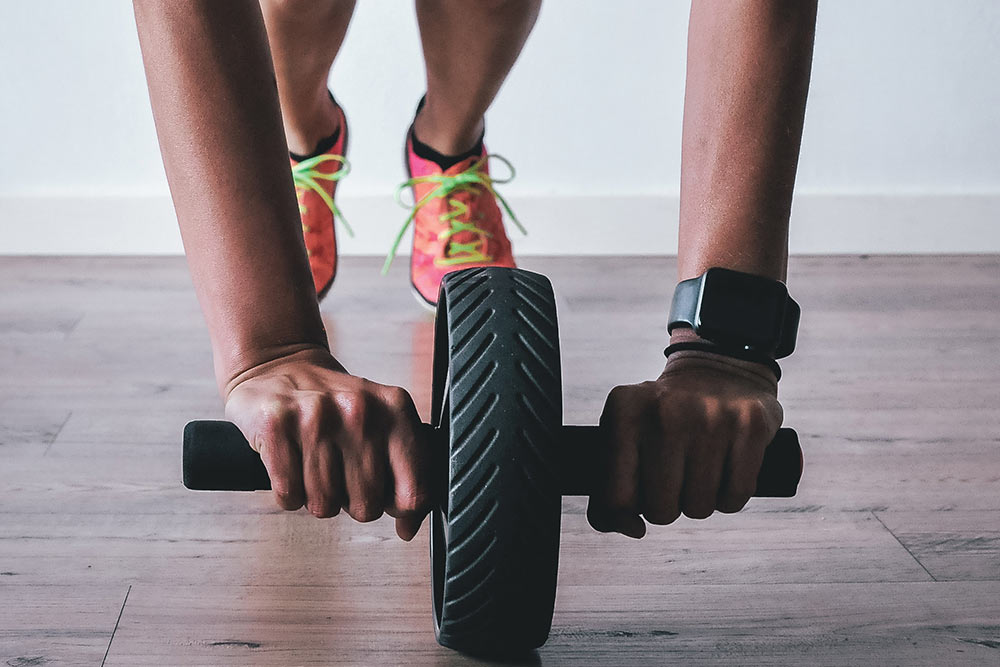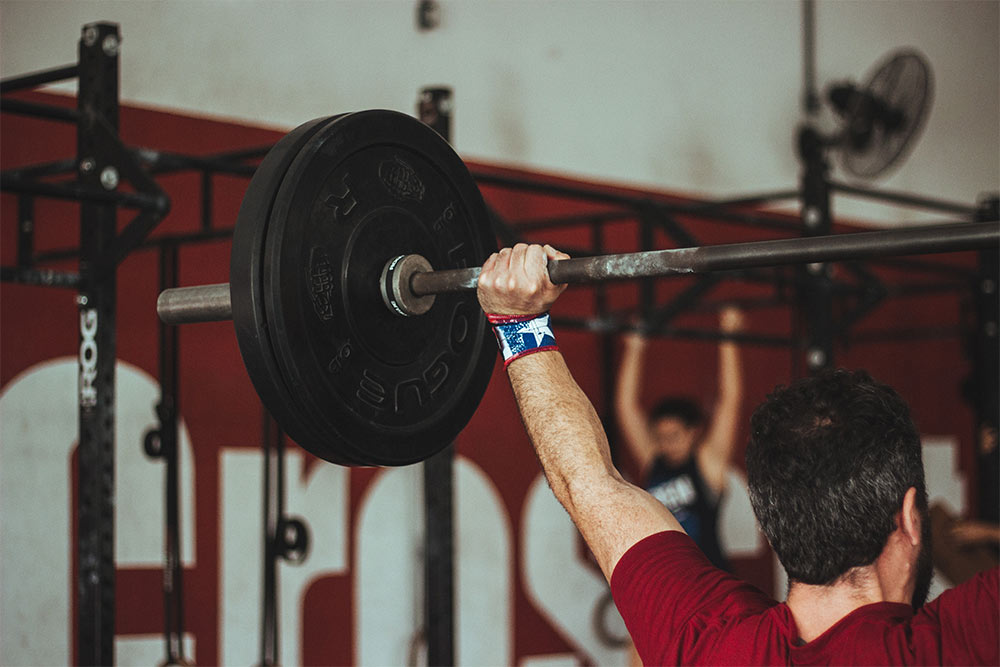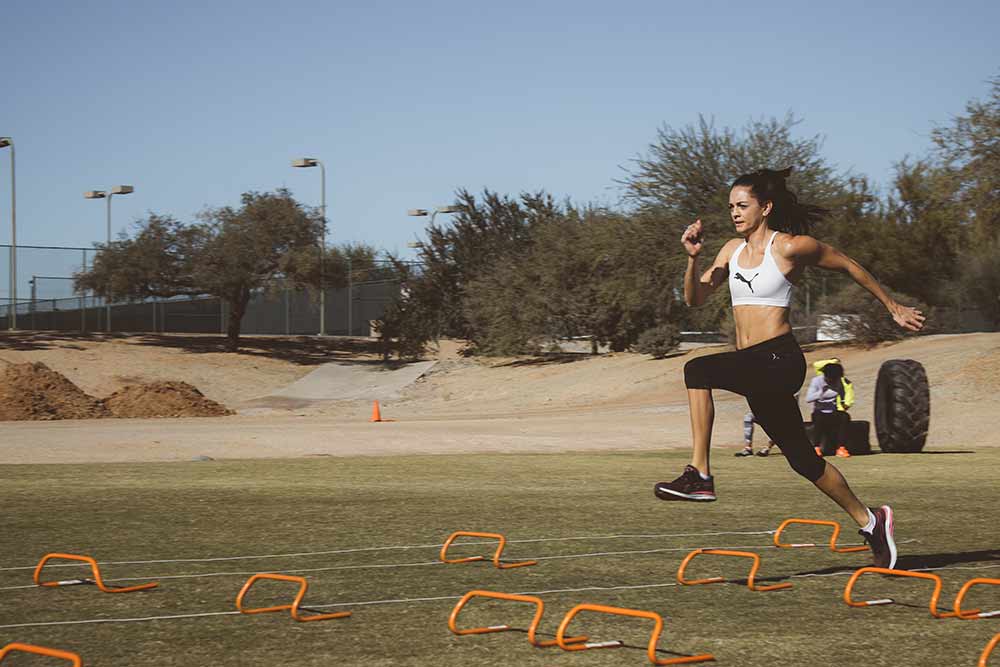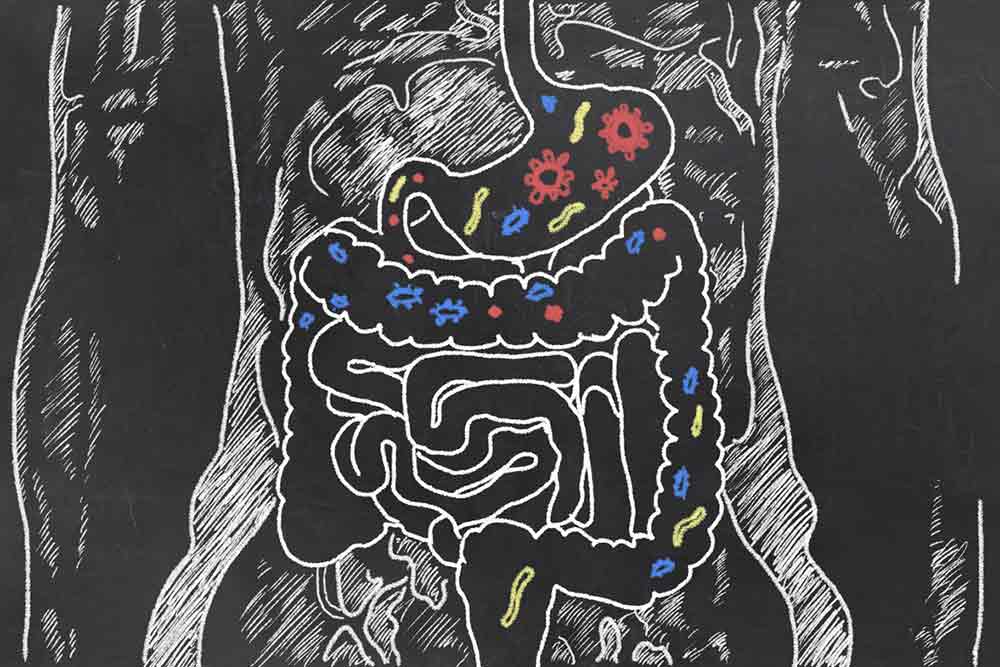Do High-Intensity Exercises and Carbs Alter the Proteins in Your Fat?

A Review by Alyssa Bialowas
Introduction
Visfatin is a protein found in visceral fat, and has been connected to a number of cellular functions including inflammation and glucose metabolism. As this study by Mellick et al. (2017) points out, the interaction between plasma visfatin and extracellular glucose regulation during exercise is not fully understood.
Previous research has found that plasma visfatin may be altering glucose regulation in a similar way to insulin. However, past studies have been contradictory in their findings on the interaction between plasma visfatin and extracellular glucose regulation during exercise, as well as the effect of plasma visfatin on glucose regulation in acute stress. Considering these contradictions, this research out of Greensboro, North Carolina aims to establish the role visfatin plays in blood glucose regulation.
Related Article: Does A Carb Restricted Diet Change HIIT Boost Health Benefits?
The Study
10 sprint-trained males between the ages of 18 to 30, with healthy weight and less than 20% body fat were included in the study. The participants made two visits to the lab, after fasting overnight, and were connected to an indwelling intravenous catheter so blood draws could be taken throughout the sessions. The first draw was taken 30 minutes before exercise. Immediately following the first draw, a supplement of either 50 g of carbohydrates or 50 g of Kool-aid was administered as carbohydrate supplementation or placebo control.
There was a 6-minute warm up, followed by four 3-minute exercise bouts, separated by 6 minutes of active recovery. Blood draws were taken immediately prior to and after each high intensity interval. The final draws were taken 15 and 30 minutes post exercise. Heart rate was also recorded at each blood draw
The Results
Mean caloric intake, exercise workload and heart rate were assessed, as were blood variables, and the relationship between plasma visfatin and body fat. Plasma visfatin concentration, blood glucose concentration and blood lactate concentration were also assessed.
There were no significant differences found in total mean caloric intake or carbohydrate intake, protein intake or fat intake 3 days prior to either the carbohydrate or placebo trial. No significant difference was observed for insulin intake between the two trials, either. Baseline plasma glucose, plasma insulin, and plasma visfatin were not significantly different prior to carbohydrate or placebo intake. No significant differences were found for heart rate or blood volume.
When compared to the baseline value, fasted blood glucose was significantly higher prior to the first bout of exercise in the carbohydrate group but not the placebo group. Blood glucose was significantly increased 30 minutes after exercise and remained significantly elevated in the second exercise bout for carbohydrate group. The increase in blood glucose was accompanied by an increase in plasma insulin. Blood lactate was significantly elevated after the first bout of exercise in both trials and remained elevated for the remainder of exercise.
Plasma visfatin was not significantly different between trials at any point in time and did not differ across time points in either trial. Plasma visfatin was significantly correlated to truncal fat.
Related Article: Fat, Carbs, Protein and Recovery. Is There A Silver Bullet?
Takeaway
Plasma visfatin was not affected by high-intensity exercise or carbohydrate supplementation, but was significantly correlated to abdominal fat. No significant relationship was found between plasma glucose and plasma visfatin, and plasma visfatin did not change despite changes in blood glucose, plasma insulin, and lactate. This means that plasma visfatin could potentially be an effective contributor to glucose control when insulin function is impaired.
You Might Like:
RFK’s Plan to Make America Healthy Again: A Vision for a Healthier Future
Robert F. Kennedy Jr. (RFK Jr.), a prominent environmental lawyer and political activist, has emerged as a voice for change in the United States. Known for his work on environmental and public health issues, particularly...The Science of Temperature Therapy
Temperature therapy (also known as “thermal therapy” or “thermotherapy”) involves the use of heat or cold to improve health and function. Interestingly, thermotherapy has been around for centuries, with ancient cultures regularly using hot springs,...The Predictors of Longevity You Need to Care About
Living a long and healthy life is a universal aspiration, and with the publication of Peter Aittia’s new book “Outlive”, it has never been a bigger focus. With this has come the realisation that, while...How Overtraining and Undertraining Impacts Hormonal Health
While maintaining a healthy hormonal balance is essential for overall health and wellbeing, it is an often-overlooked component of women’s health. Hormones play a vital role in regulating various bodily functions, including metabolism, energy, mood,...12 days of Fitness: 12 Holiday workouts to crush this Christmas
The holiday period is a time for friends, food, and family. With this in mind, it should be a time of guilt-free fun. However, that doesn’t mean you have to neglect your fitness entirely over...Upper Body Strength in Post-Menopausal Women
Menopause is a unique time in the human life, and with it comes a myriad of changes that can have wide reaching health implications. However, over the last 20 years we have seen a strong...Mellick, P.F., Feger, B.J., Oberlin, D.J., Davis, P.G., and Wideman, L. (2017). “High-Intensity Exercise and Carbohydrate Supplementation do not Alter Plasma Visfatin.” Journal of Sports Science and Medicine, 16, 69 – 76.






